Cryptocurrencies are a new and exciting asset that will change how we handle transactions and money. This cryptocurrency tax guide will help you understand the tax implications of investing in digital currencies.
Australia’s crypto relationship is rapidly expanding, showing no signs of slowing. Understanding your tax obligations is crucial as a result.
Consider and understand how investments will be taxed before making any. Your income and life stage may suggest different investments.
Tax authorities classify Bitcoin and other cryptocurrencies as property for tax purposes, not currency, subjecting them to capital gains tax (CGT) when sold or exchanged.
Businesses accepting cryptocurrencies for goods or services must record transaction values at receipt, potentially incurring GST liabilities. For example, when one GST-registered business sells computers to another for crypto, GST still applies.
As with any other investment, the ATO recommends that you keep records of your cryptocurrency transactions and consult a tax professional if you’re unsure about how to comply with these new rules.
There are a number of online software platforms such as Koinly or Coinspot that can produce a year-end summary or transaction report to assist you in gathering the required information to present to your tax professional for your tax return.
The ATO has updated income tax rules for crypto assets, requiring taxpayers to treat and report each asset separately on tax returns. This rule applies to three scenarios: selling or trading crypto, receiving crypto payments, and holding crypto assets.
If a Capital Gains Tax event (CGT) occurs for points 1 and 3, taxpayers can claim a 50% discount on profits from selling cryptocurrencies held for at least 12 months. This method is known as the ‘CGT Discount Method.’
Cryptocurrency is taxable, and taxpayers must report each transaction involving digital currency. Our cryptocurrency tax guide shows you how to do so without negatively impacting your lifestyle. However, there are pitfalls that you should avoid to protect yourself from a shock next tax season.
Should you need help, please feel free to reach out to us by clicking the button below.

4.8 Rating
Building a profitable business is not an overnight success;
it’s a journey of consistent efforts and strategic financial management. In the world of entrepreneurship, profit isn’t just a destination; it’s a perpetual path.
-Mike Michalowicz
Ready to revolutionise your business's financial approach? Join us on a journey to financial success by embracing the Profit First Methodology. Partner with us now and pave the way for a brighter financial future.
Special Offer: Register now for just $98 (normally $330)!
1st Masterclass Session: Thursday, 07 Nov 2024